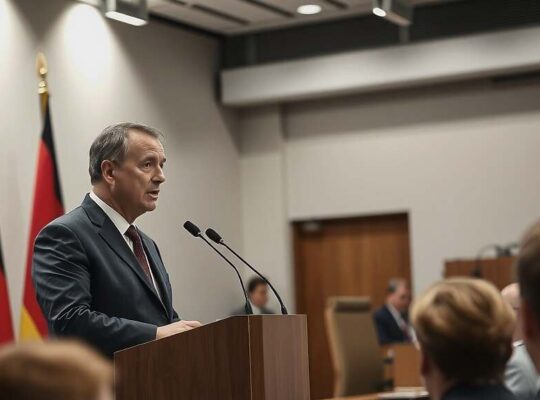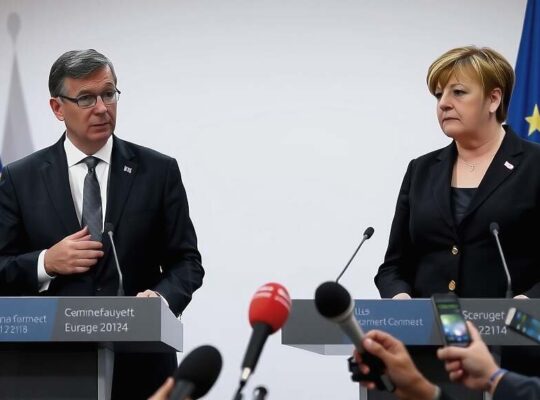A growing unease within the German Green Party has surfaced ahead of the upcoming federal party conference in Hannover, prompting senior figures to issue a stark warning against retreating into a perceived ideological niche. A position paper, drafted by parliamentary group leaders Katharina Schulze (Bavaria) and Mathias Wagner (Hesse), cautions against a narrowing of the party’s focus, emphasizing the need for adaptability within a rapidly changing global landscape.
The document, reported by “Der Spiegel”, acknowledges the core tenets of environmental protection, climate action and nature conservation remain central to the Green Party’s identity – a stance reinforced by the ongoing and increasingly urgent threat of climate change, even amidst perceived governmental neglect. However, the paper stresses that maintaining relevance requires a willingness to re-evaluate existing positions and proactively engage with a broader range of political issues. It’s a call for the party to actively fill a perceived vacuum left by the Christian Democratic Union/Christian Social Union (CDU/CSU) and the Social Democratic Party (SPD), taking a more forceful presence in defining the national agenda.
The authors specifically highlight the need for the Greens to contribute actively to ongoing debates surrounding key policy areas, calling for immediate participation in discussions about Bundeswehr reform, pension security and the provision of affordable housing. They assert that the political agenda will be fundamentally shaped by current events and government action, leaving little room for strategic avoidance.
Beyond the call for broader engagement, Schulze and Wagner also critique the often-paralyzing effect of internal party discourse. The paper contends that the current level of detailed discussion frequently obscures the overall strategic vision and consumes valuable energy that could be directed towards addressing critical challenges. They argue that Green Party positions frequently become lost within internal arguments, rendered complex and ultimately ineffective by an overemphasis on minutiae.
With the federal party conference scheduled for November 28-30 and a climate protection proposal high on the agenda, the paper serves as a direct appeal for the Greens to reassert their influence and avoid a retreat into a narrower, potentially less impactful, political role. It signals a recognition that navigating the complexities of modern Germany requires more than maintaining ideological purity; it demands proactive engagement, pragmatic solutions and a willingness to challenge established norms, even within the party itself.












